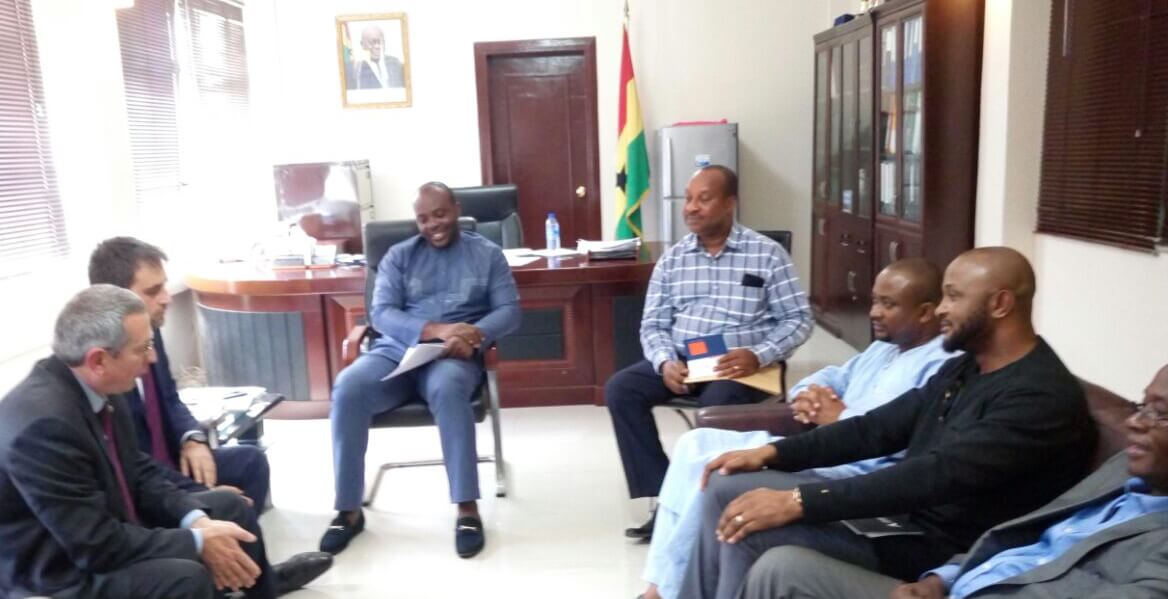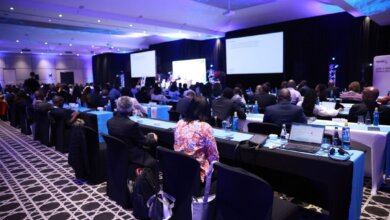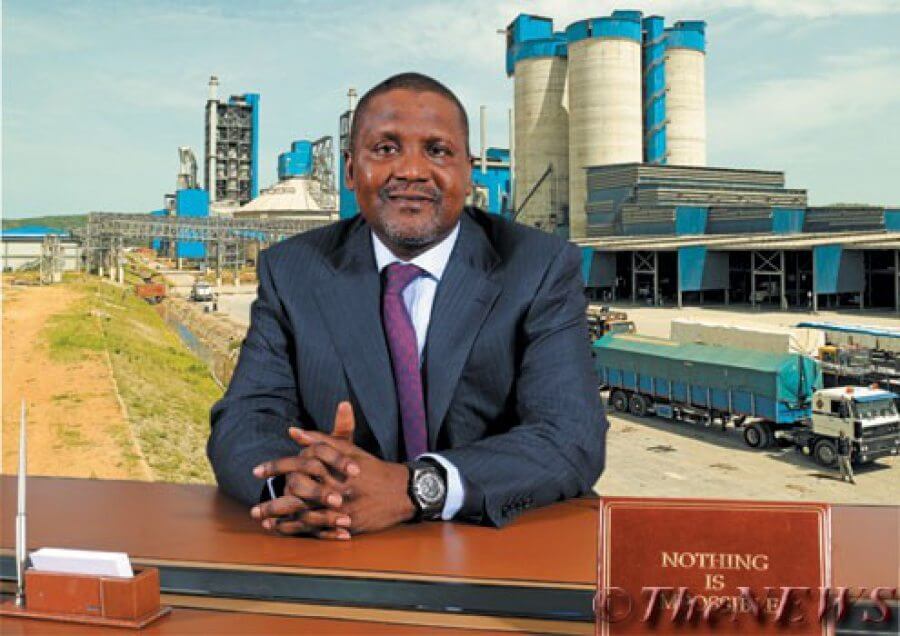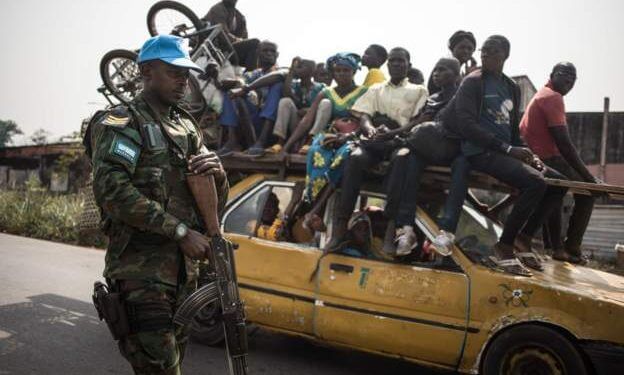Stern Action Called For Over Enslaving of Africans in Libya
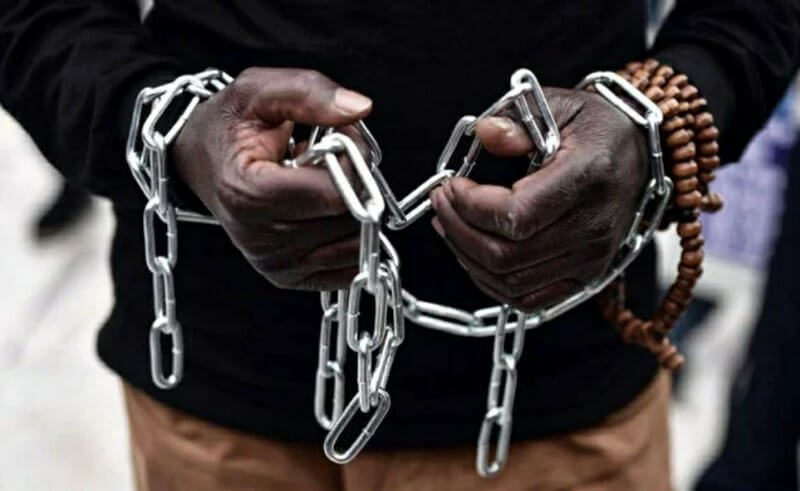

Libya slavery in summary
-
Some 3,000 people have, so far, drowned in old, leaking overcrowded boats.
-
This contempt for black people might explain why the idea of enslaving them might not be so strange in Libya, only a few years after their recent revolution.
In November 2017, a CNN News exclusive report revealed that black sub-Saharan African migrants in Libya were being sold into slavery for as little as $400.
The footage also showed hundreds of blacks in crowded detention centres, some of whom had bought back their freedom after working in inhumane conditions for almost a year.
These images were reminiscent of the worst chapter of world history, where black people were dehumanised in academia, theology and culture, captured and shipped to the Arabian Peninsula, Europe, and the Americas, where they and their offspring would work as slaves for the rest of their lives.
The images are appalling to everyone in the world, but they are especially chilling, painful and disturbing to people of sub-Saharan African descent because of unique historical connotations.
The migrants risk life to reach Libya, before making the deadly journey across the Mediterranean Sea to Europe to start a new life they hope is filled with opportunity.
OVERCROWDED BOATS
Some 3,000 people have, so far, drowned in old, leaking overcrowded boats. Interestingly, after Muammar Gaddafi was ousted, Libyans perceived black people as mercenaries hired to protect his regime over the years. As a result, an unknown number were rounded up, detained, tortured and murdered, in one of the least covered systematic and targeted killings in recent history.
This contempt for black people might explain why the idea of enslaving them might not be so strange in Libya, only a few years after their recent revolution.
Following the CNN report and pictures and videos of black Africans bound with ropes, being beaten up and sold, sub-Saharan Africa’s response has been very telling.
There has been outrage on social media.
CONDEMNED
The African Union and the heads of state of the countries where most of the migrants come from have condemned the “slave markets” and urged the Libyan authorities to review detention conditions for black migrants.
Senegal termed it as “a blight in the conscience of humanity.” The AU chairperson, Guinean President Alpha Conde, demanded an inquiry and prosecutions over what he termed a “despicable trade”.
Which begs the question: Why do thousands of Africans flee their countries into the hands of gangs, human traffickers, Libyan security forces and risk the deadly boat journey to Europe?
Are the African leaders guilty of abandoning their people? Most of the victims are from Guinea, Eritrea Senegal, Mali, Niger, Nigeria, Cameroon, and The Gambia.
These countries have vast mineral resources yet, because of corruption, the wealth does not benefit ordinary citizens.
WEALTHY
Instead, a class of super wealthy government officials loot and stash the resources away in European banks. Also, the human rights situation in countries such as Eritrea is so deplorable that hundreds of thousands of citizens have fled the country.
Sadly, slavery in its various forms is a very real problem worldwide. They include girls forced to marry older men, forced prostitution, generational family debt, forced domestic or agricultural work and now slavery. About 40 million people are affected.
But the world is preoccupied with other problems. President Donald Trump has proclaimed ‘America first’; Western Europe is grappling with similar nationalistic sentiments; the war in Syria; North Korea’s nuclear ambitions; and the fact that the West now has to compete with China and other emerging economic giants such as India and Brazil for Africa’s resources.
Africa must solve its own problems. The leaders must come up with policies that uplift their citizens and secure their human dignity. The AU must also be seen as pro-people and development and not an organ only concerned with protecting African heads of state.
Source: Demas Kiprono – senior legal officer, Article 19 Eastern Africa.
Oral Ofori is Founder and Publisher at www.TheAfricanDream.net, a digital storyteller and producer, and also an information and research consultant.

